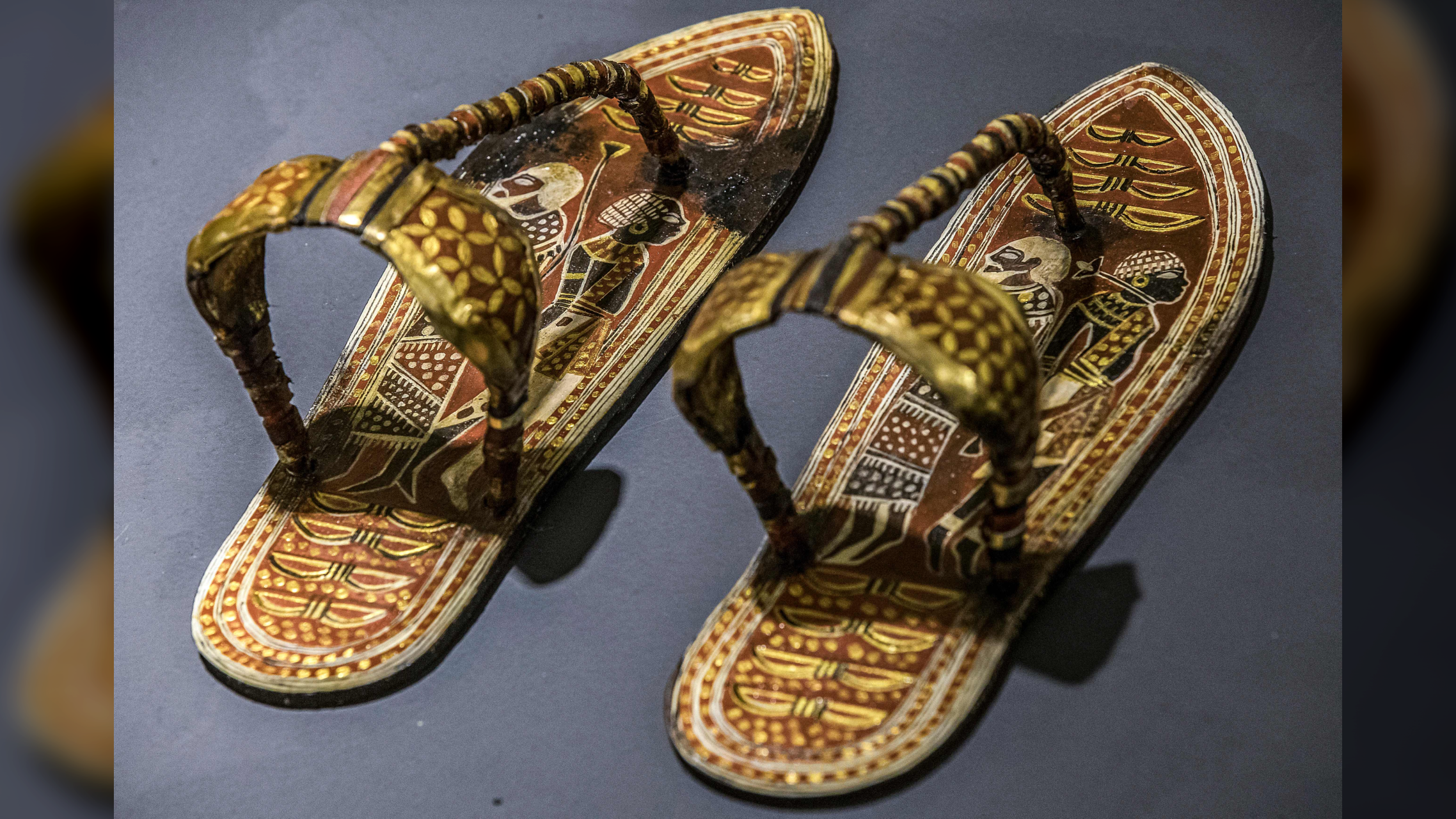Moderna's coronavirus vaccine has moved to second phase of testing

Get the world’s most fascinating discoveries delivered straight to your inbox.
You are now subscribed
Your newsletter sign-up was successful
Want to add more newsletters?

Delivered Daily
Daily Newsletter
Sign up for the latest discoveries, groundbreaking research and fascinating breakthroughs that impact you and the wider world direct to your inbox.

Once a week
Life's Little Mysteries
Feed your curiosity with an exclusive mystery every week, solved with science and delivered direct to your inbox before it's seen anywhere else.

Once a week
How It Works
Sign up to our free science & technology newsletter for your weekly fix of fascinating articles, quick quizzes, amazing images, and more

Delivered daily
Space.com Newsletter
Breaking space news, the latest updates on rocket launches, skywatching events and more!

Once a month
Watch This Space
Sign up to our monthly entertainment newsletter to keep up with all our coverage of the latest sci-fi and space movies, tv shows, games and books.

Once a week
Night Sky This Week
Discover this week's must-see night sky events, moon phases, and stunning astrophotos. Sign up for our skywatching newsletter and explore the universe with us!
Join the club
Get full access to premium articles, exclusive features and a growing list of member rewards.
The Food and Drug administration (FDA) has given approval to biotech company Moderna to begin the next phase of testing on its coronavirus vaccine candidate, the company announced Thursday (May 7).
There are dozens of vaccine candidates worldwide that are being developed to fight the coronavirus outbreak, and a handful of them are already being tested on humans. Moderna began testing their vaccine on 45 healthy adults in Seattle in March, becoming one of the first companies to begin human clinical trials for a COVID-19 vaccine.
The purpose of phase 1 trials such as the one Moderna just completed, is to understand the safety and dosage of the candidate drug or vaccine, according to the FDA. Now, the testing will move to phase 2, in which the researchers will test the efficacy and side effects of the vaccine on about 600 people.
Related: 13 coronavirus myths busted by science
"The imminent phase 2 study start is a crucial step forward," Stéphane Bancel, Moderna's chief executive officer, said in a statement. The goal is to start the "pivotal" phase 3 trial early this summer, he added. Phase 3 trials recruit hundreds to thousands of people to further understand whether or not a vaccine (or drug) is working and to monitor any adverse reactions to it, according to the FDA. After phase 3 trials, the FDA then decides whether to approve the vaccine or drug. The FDA will approve a drug only if "it's safe and effective" and its "benefits outweigh risks," according to the U.S. Centers for Disease Control and Prevention.
Moderna is already making plans to accelerate manufacturing of the vaccine. On May 1, the company announced plans to work with Swiss drugmaker Lonza to make up to 1 billion doses of the vaccine per year to distribute globally, according to CNBC. The first doses are expected to be made in the U.S. Lonza facility in July, CNBC reported. That is, of course, if the vaccine is proven to be safe and effective.
Moderna's vaccine, called mRNA-1273, uses a new technology that hasn't been used in any approved vaccines to date. Most traditional vaccines introduce an inactive or weakened version of the virus itself into the body to train the immune system to create antibodies to fight it, whereas this vaccine takes one step back and uses a molecule called messenger RNA (mRNA) to instruct cells to build viral proteins themselves, according to a previous Live Science report.
Get the world’s most fascinating discoveries delivered straight to your inbox.
Specifically, the mRNA provides instructions to cells to build the coronavirus' spike protein, which the virus uses to infect human cells. The idea is that the immune system will then create antibodies that will recognize that spike protein and fight off the coronavirus.
This technology is faster to produce and is typically more stable than conventional vaccines, according to The New York Times. Other companies, including Inovio, CanSino and Pfizer, are also using this mRNA technology to develop vaccines against the coronavirus.
- The 12 deadliest viruses on Earth
- 20 of the worst epidemics and pandemics in history
- 11 (sometimes) deadly diseases that hopped across species
Originally published on Live Science.
OFFER: Save 45% on 'How It Works' 'All About Space' and 'All About History'!
For a limited time, you can take out a digital subscription to any of our best-selling science magazines for just $2.38 per month, or 45% off the standard price for the first three months.

Yasemin is a staff writer at Live Science, covering health, neuroscience and biology. Her work has appeared in Scientific American, Science and the San Jose Mercury News. She has a bachelor's degree in biomedical engineering from the University of Connecticut and a graduate certificate in science communication from the University of California, Santa Cruz.
 Live Science Plus
Live Science Plus











